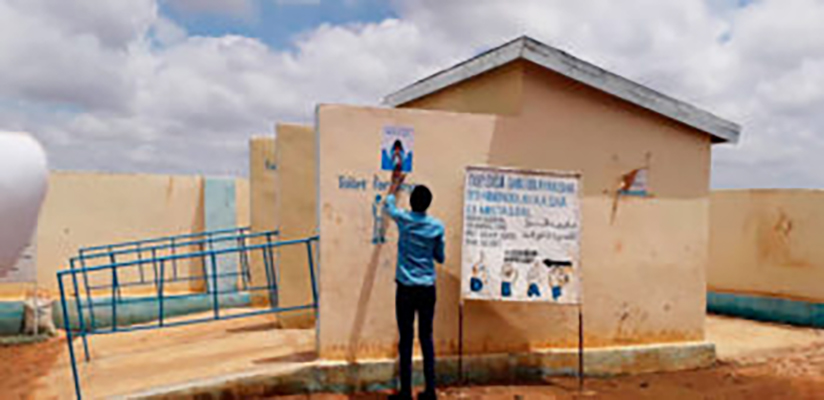
ACT Alliance member Finn Church Aid has launched a preventative campaign against the spread of COVID-19 in schools and Internally Displaced People (IDP) settlements in the South West State of Baidoa, Somalia.
In light of the global outbreak of COVID-19, the Ministry of Education, Culture and Higher Education (MOECHE) of the South West State of Somalia decided that all schools, universities, and other learning institutions would close as of March 18th as a precautionary measure.
As Baidoa hosts one of the highest numbers of IDP settlements in Somalia, the closure of schools has exposed children from vulnerable communities, particularly those living in IDP settlements to a high risk of being affected by the spreading pandemic.
To contribute to the reduction and prevention of the spread of COVID-19, FCA with the support of MOECHE conducted various community sensitisation and awareness-raising activities, sharing accurate information on COVID-19 in line with the World Health Organization and the Ministry of Health. The activities targeted caregivers, teachers, host community children from six primary schools in Baidoa, and other members from the IDP settlements. The sensitisation initiatives were carried out by 72 experienced community mobilisers and various school-based Community Education Committees and are anticipated to run until May 2020.
FCA conducted door-to-door campaigns in the IDP settlements and surrounding communities to inform individuals on how to protect themselves from COVID-19 through proper handwashing techniques, and how to prevent its spread through social distancing. Additional educational materials were developed in English and Somali and were distributed to community members.

In addition to these efforts, preventative and precautionary information on the dangers of the outbreak was broadcast on Baidoa’s radio station for two weeks. The radio messages were an important source of information for the town of Baidoa, as the majority of the community rely on gathering information through the radio, particularly as schools remain closed.
The Director-General of MoECHE South West state of Somalia, Mr Fadal Abdullahi Mursal noted his appreciation for FCA’s timely sensitisation and awareness initiatives for school children and their parents during the school closures. Mr Abdullahi Mursal encouraged FCA to further its sensitisation initiatives to the surrounding communities so that all children and their parents are informed on preventative strategies of the pandemic.
The Minister of MOECHE of the South West state of Somalia, Mr Mohamed Yusuf Hassan, also commended FCA for its swift action, particularly in the IDP settlements. While overseeing one of FCA’s awareness sessions, the minister encouraged all other education partners in Baidoa to take note of FCA’s initiatives and to implement them in other schools within the Baidoa district and across the whole South West State of Somalia.

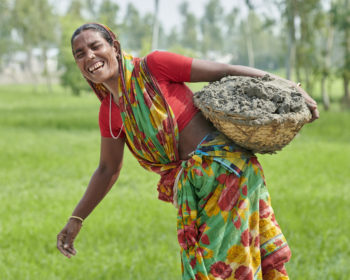
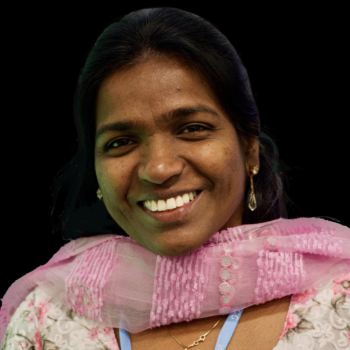
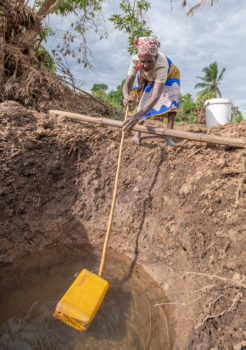
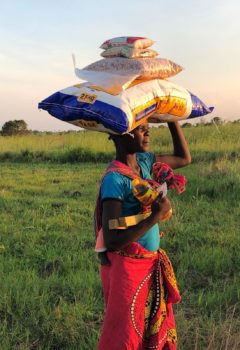
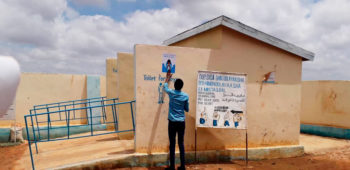 Vulnerable communities across the world are bracing for the impact of a potential spread of the coronavirus.
Vulnerable communities across the world are bracing for the impact of a potential spread of the coronavirus.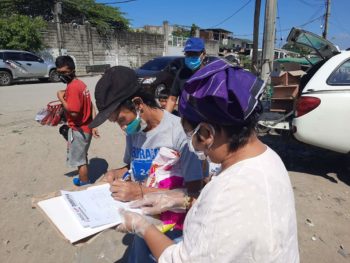
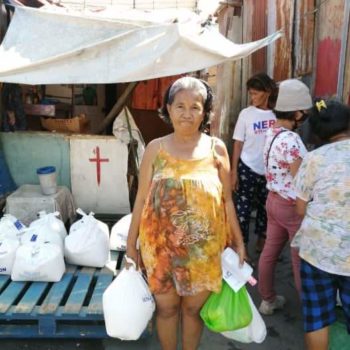 NCCP’s food kits consisted of 10 kgs of rice, dried fish, mung beans, salt, sugar, canned foods, and cooking oil. The food kits are anticipated to support a family of five for 7-10 days. The hygiene kits consisted of soap, detergent, rubbing alcohol, disinfectant cleaning solution and face masks.
NCCP’s food kits consisted of 10 kgs of rice, dried fish, mung beans, salt, sugar, canned foods, and cooking oil. The food kits are anticipated to support a family of five for 7-10 days. The hygiene kits consisted of soap, detergent, rubbing alcohol, disinfectant cleaning solution and face masks.